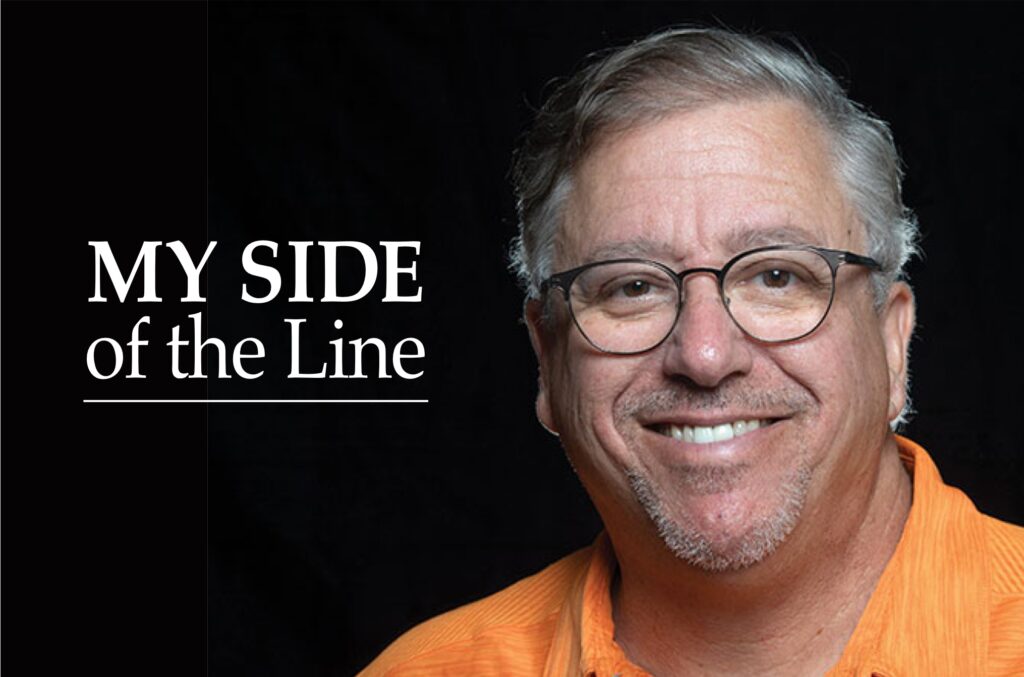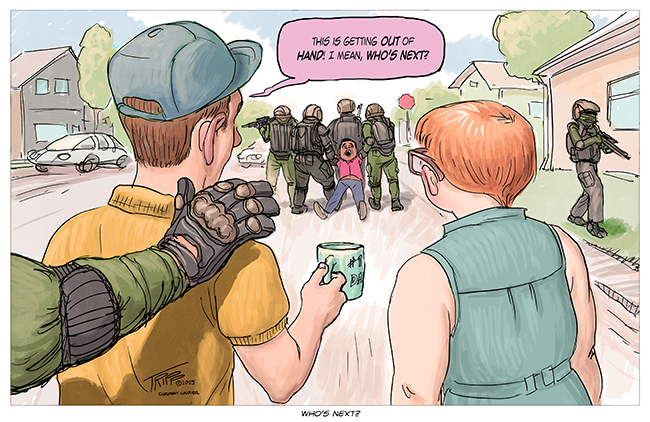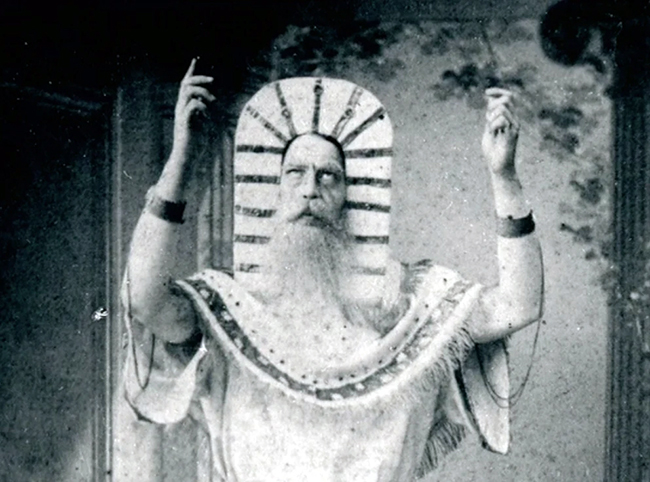Who is our neighbor?
“Our neighborhood is our family. We take care of our own.”
“All of those things are about being a good neighbor. It’s important not just locally but globally.”
Very nice, but what I want to know is who, exactly, is “our own?”
Is “our own” the elderly woman who has lived next door for years?
What about the young man, maybe of another color or with another first language, who lives on the other side of town? Is he one of “our own”?
Or what about someone who lives in another town?
Just how “local” is “our own?” Or can it be, at least to some extent, more global??
I have been thinking about these questions since reading these quotes a few weeks ago. The interesting thing about these quotes—why I keep thinking about them—is that they weren’t in the Los Angeles Times or on some television program talking about living someplace. They were both in these pages—in the same edition of the COURIER, in fact—and they both had to do with living in Claremont.
The first quote was in an article about, yes, an elderly woman. The woman’s house in Claremont had burned down, and the article was about how the people, yes, next door and down the street, had rescued her and were helping her begin to put her life back together.
In the second story, which was actually one of a series of COURIER features on good neighbors and focused on a Claremont couple, the woman quoted is known for her volunteer work as the local and state president of the League of Women Voters and with many other organizations. The article pointed out that “she has sought to extend goodwill far beyond the boundaries of Claremont.”
Her husband is also quoted in the article, remembering that his mother “always had someone from the poor house having a sandwich or a cup of coffee on the back steps.”
Again, who is “our own”?
Is it the stranger—or the person always there acting strangely—on the street who asks us for food? It doesn’t sound like the people who showed up on the back steps were distant cousins or friends down on their luck. It doesn’t sound like the woman seeks out people she knows in reaching “far beyond the boundaries of Claremont.”
Or what if the people in the burning house were known for having loud parties or for domestic disputes? Would the people next door and down the street be so eager to help out in the aftermath of the fire?
Of course, we want to “take care of our own.” We should “take care of our own.” It is, of course, something to be cheered, if not expected, that the people next door and down the street assisted the elderly woman who they saw as “our own.” But we need to ask the question about who “our own” is.
We need to ask this question, because “our own” implies that there is someone who is not “our own.” It implies that there is an other. And it is all too easy to see this other as someone dangerous, someone who needs to be guarded against, someone who has to be fought off, suppressed, even destroyed.
It is so easy for people to be seen as not “our own” and feared, whether they are women who want access to abortions and contraception, or a young black—or white—man walking down the street wearing a hooded sweatshirt, or same-sex couples wanting to marry, or illegal immigrants.
We are challenged to look at this and to ask the question about who “our own” is by the Occupy Claremont activists. Although, at least for the time being, they are not camping out, they are asking us in Claremont to think about not only those foreclosed upon and with other financial hardships but also the homeless and how we deal with them.
This was also a challenge put forth by Chief Oren Lyons, a spiritual leader of the native peoples of North America, when he spoke a couple weeks ago at Scripps College. Several times, he stated, “Freedom is responsibility.”
Yes, we are free to live as we want and be who we are, but this privilege requires that we let others live as they want and be who they are. The privilege of freedom means that we are not subject to any power, but it also means that we are responsible for one another as well as ourselves.
This is because, with freedom, we are the power. But this only works when we are open and accountable to each other, seeing everyone as “our own,” and not closed off in fear.
[Editor’s note: John Pixley’s Observer was not published on Wednesday as it should have been. Although he typically publishes the first and third Wednesday, this column was held. My apologies go to his faithful readers. Rest assured, we’re back on track. —KD]










0 Comments